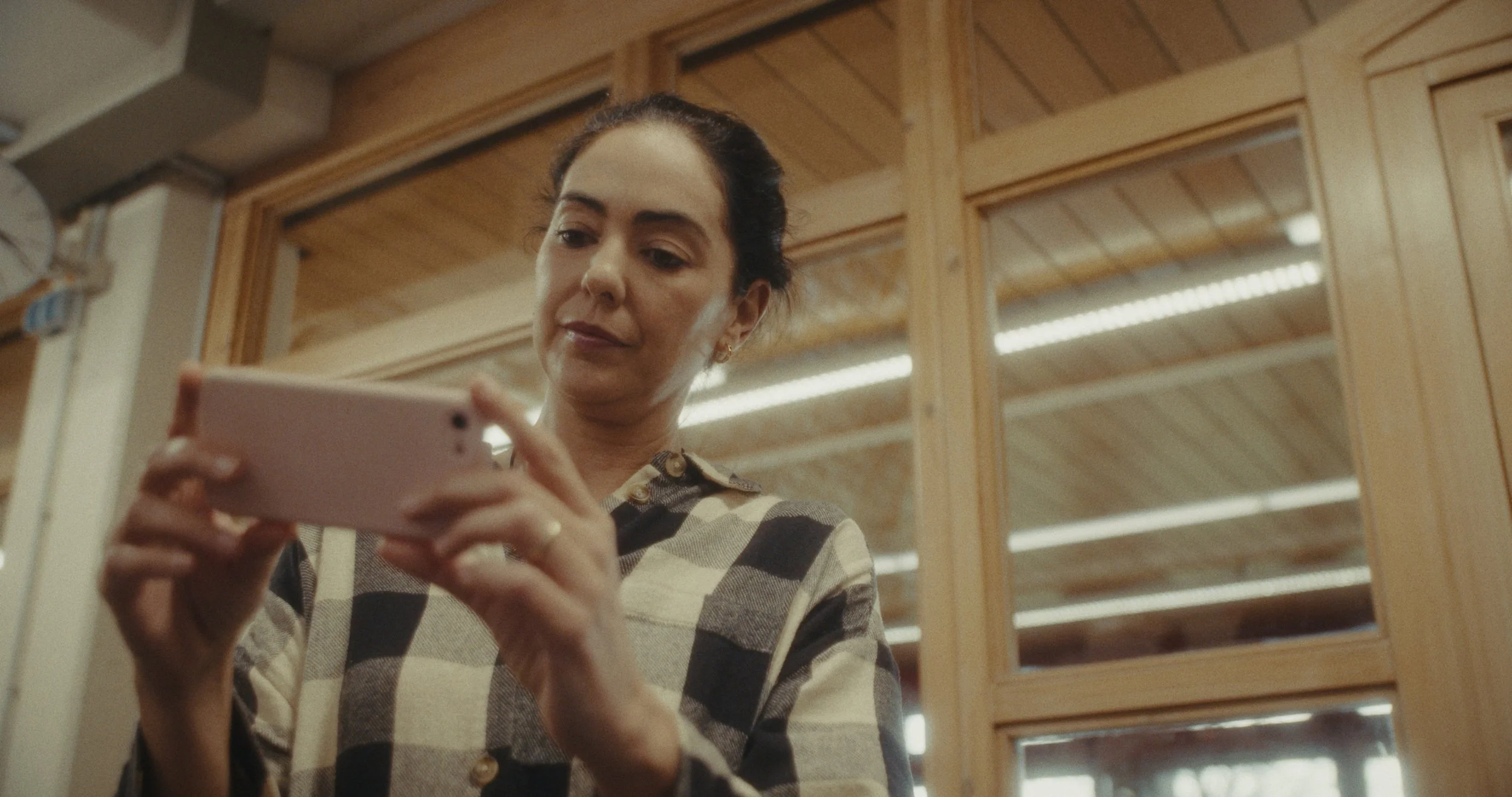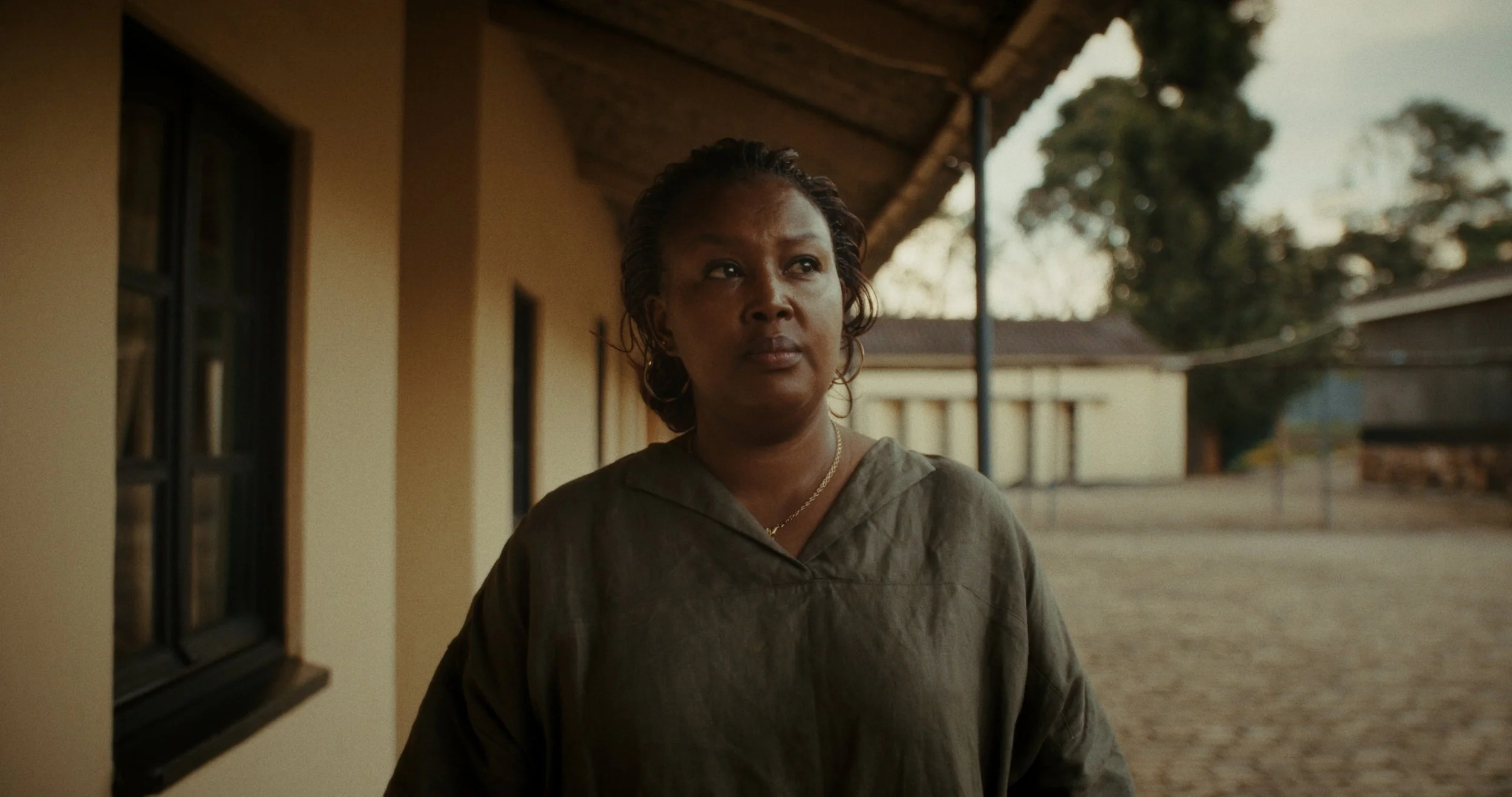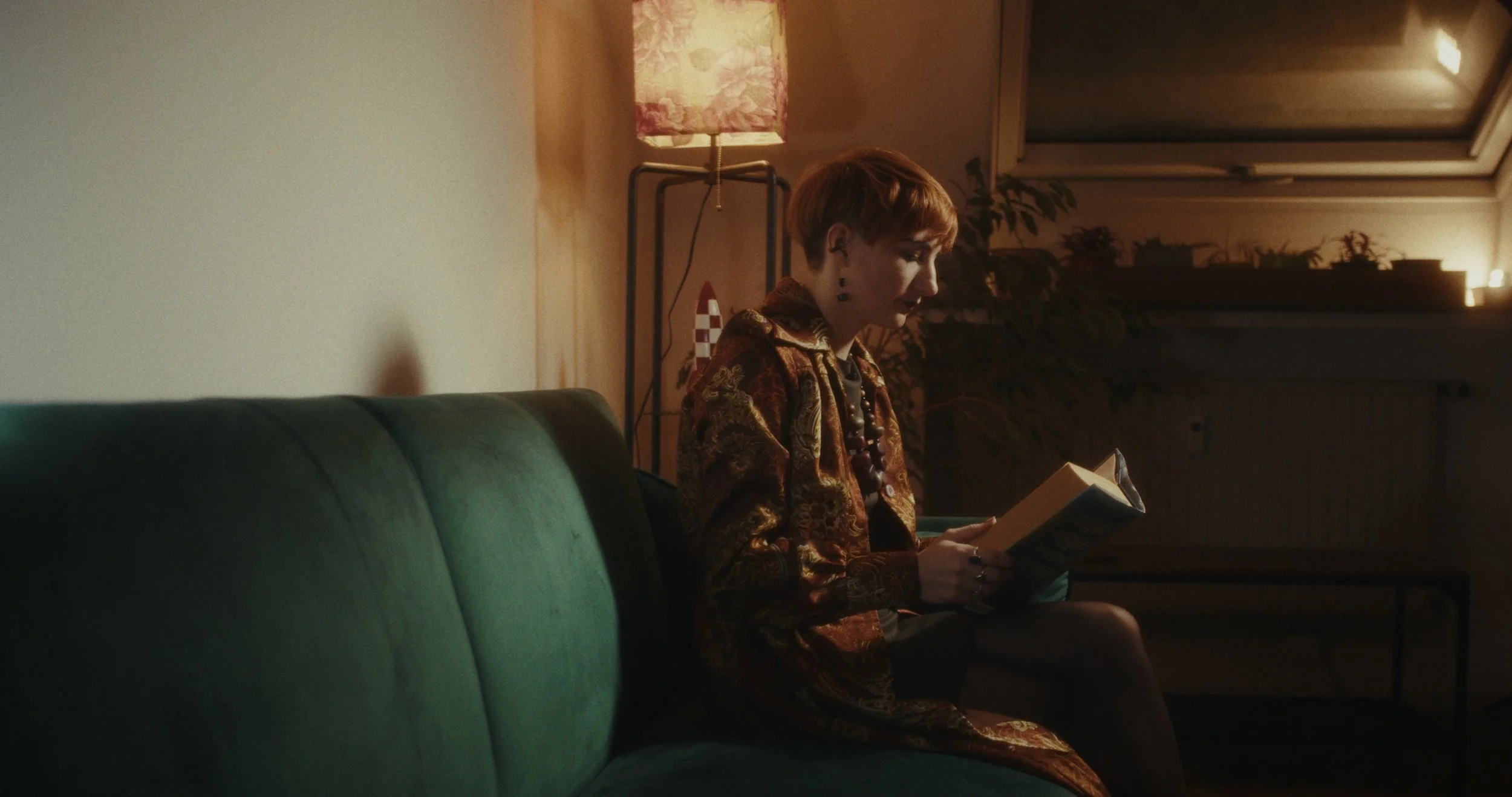Philosophy and Genre
The Philosophy and Genre project explores how African philosophy expresses itself across diverse literary and linguistic forms, seeking to expand what counts as philosophical writing. Rooted in the recognition that philosophical ideas in Africa have always been articulated through poetry, orature, and narrative as well as prose argumentation, the project rethinks the boundaries of philosophy by placing genre at the center of analysis. It asks what happens when the philosophical voice moves through verse, story, performance, or proverb — and how these forms shape meaning, method, and audience.
Working primarily with African-language texts — in Swahili, Lingala, Ciluba, Yoruba, Kikuyu, and others — the project situates African thought within both its local linguistic contexts and global philosophical debates. Rather than translating or domesticating these works into Western frameworks, Philosophy and Genre traces how philosophical reflection emerges through culturally specific forms of expression. By examining orature, moral poetry, narrative traditions, and modern experimental writing, it highlights how African authors and thinkers generate philosophical insights through genres that resist standard academic conventions.
The project develops a methodology for reading genre as philosophy. This means analyzing rhythm, performance, repetition, and metaphor as carriers of argument, not as embellishments. Philosophical meaning is inseparable from the texture of language, the sonic and performative elements of orality, and the historical situation of texts. Through this lens, questions of ethics, personhood, time, and community appear not as abstract categories but as lived, narrated, and sung experiences. The project thus opens a new horizon for comparative philosophy, showing how African genres reconfigure the very idea of reasoning, evidence, and truth.
Situated at the University of Bayreuth, Philosophy and Genre builds on decades of scholarship in African languages and literatures, intercultural philosophy, and decolonial theory. It engages with African thinkers, writers, and traditions that move between the literary and the philosophical — from Swahili moralists and Congolese novelists to contemporary poets and Afropolitan intellectuals. Its approach connects textual analysis with field-based and historical research, bridging the humanities and social sciences to trace how thought travels across linguistic, cultural, and medial borders.
The project’s theoretical contribution lies in demonstrating that African philosophy is not confined to academic treatises or ethnophilosophical generalizations. It is a living practice embedded in genres that negotiate the relation between the local and the universal, between inherited forms and creative transformation. Philosophy and Genre therefore redefines philosophy as an act of composition — a weaving of ideas, languages, and styles — in which form and content are inseparable. It proposes that by attending to genre, scholars can uncover a broader and more inclusive understanding of what it means to think philosophically in the global age.
FAQs
Why does this matter for philosophy today?
Philosophy and Genre reimagines philosophy as an evolving conversation among diverse textual and cultural forms. It shows that philosophy is not a fixed discipline but a living practice—multilingual, performative, and inseparable from the creative genres through which human beings shape their understanding of the world.
What is the Philosophy and Genre project?
The Philosophy and Genre project, led by Professor Alena Rettová and funded by the European Research Council (ERC), explores philosophy through the lens of language and form. Rather than starting with abstract ideas or canonical thinkers, it begins with genres—the diverse literary, oral, and textual forms in which philosophical reflection occurs. This approach redefines what counts as philosophy and reveals how thought is shaped by the ways it is expressed.
Why focus on genre in philosophy?
Genres—such as essays, novels, blogs, oral performances, or Sufi poetry—do more than simply convey ideas; they actively shape them. The project investigates how the structure, rhythm, and narrative style of a text influence the kind of philosophical meaning it can produce. By foregrounding genre, Philosophy and Genre highlights the creative and performative dimensions of philosophical thinking.
Which languages and traditions does the project engage with?
The research spans eight African and European languages, creating a multilingual dialogue that bridges intellectual traditions across continents. This comparative approach challenges the usual division between “African philosophy” and “Western philosophy.” Instead, it treats texts from different linguistic and cultural contexts as equal contributors to global philosophical discourse.
How does this approach differ from traditional philosophy?
Conventional philosophy often privileges written argumentation and systematic reasoning. Philosophy and Genre expands that view, recognizing that philosophical insight can also emerge from storytelling, poetry, oral performance, or digital writing. A philosophical essay and a song may address similar existential questions, yet the mode of expression gives rise to distinct ways of knowing and feeling.
What is the project’s methodology?
The project uses an interdisciplinary approach, drawing from literary studies, linguistics, and philosophy. Through detailed case studies, it examines how philosophical ideas move across genres and languages, how they reach different audiences, and how form affects meaning and authority. This methodology allows for a nuanced understanding of philosophy as a global and culturally embedded practice.
What key questions guide the research?
The project asks provocative questions such as:
What happens when philosophy is written as fiction or poetry?
How does a proverb or a blog entry express philosophical thought?
What kinds of knowledge emerge when philosophy is performed, sung, or narrated?
These inquiries reveal that philosophical meaning is not confined to argument—it also resides in language, rhythm, and voice.
Contact us
Philosophical Journeys: DRC opens new channels of African philosophy, pushing us to rethink the boundaries and forms of philosophy itself. Alongside the study of philosophical texts, the film foregrounds lived experience as a source of insight — where astonishment, struggle, and ethical reflection emerge from everyday life.
We welcome inquiries regarding screenings, lectures, or collaborations inspired by the film and the broader Philosophy and Genre project. Scholars, institutions, and audiences interested in exploring African languages, genres, and philosophical creativity are warmly invited to contact us.







